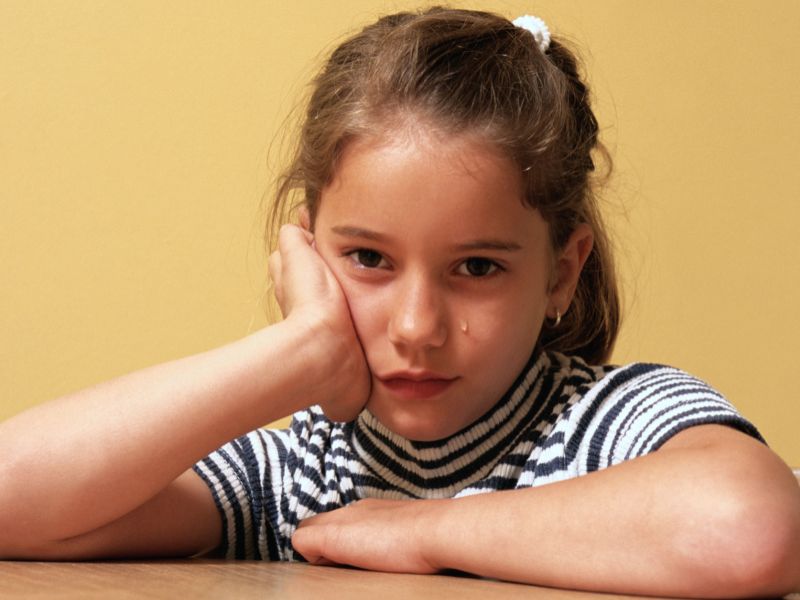
TUESDAY, Aug. 21, 2018 (HealthDay News) — Children whose parents have cancer are more likely to struggle in school and to have lower incomes as adults, a new Danish study suggests.
The study included more than 1 million people born in Denmark from 1978 through 1999. Before their 18th birthday, about one in 20 had a parent diagnosed with cancer.
By age 15, those kids had lower grade averages in school than their classmates, the findings showed. Grade averages were lowest among children who had a parent die of cancer or who had low odds of surviving five years.
Parental cancer was also associated with a lower level of educational attainment in children, particularly if the father had cancer. This risk was 1.5 times greater if the chance of a parent surviving five years was poor, and 1.6 times greater if the parent had died.
By age 30, adults with a childhood experience with parental cancer were more likely to earn less than others, especially if the parent had low five-year survival odds or died, according to the report.
Children who were under age 5 when the parent was diagnosed appeared to be at greatest risk of problems. That suggests the impact of parental cancer in early childhood may be lasting.
“In a life course perspective, parental cancer in childhood could be considered as a potential early life stressor that may increase the health vulnerability to later life exposures, expanding the risk of later social disadvantage and poor adult health,” the researchers, led by Anne Cathrine Joergensen of the University of Copenhagen, wrote.
However, the researchers could not prove a cause-and-effect relationship.
The findings “may indicate that some children who experience parental cancer would benefit from appropriate support and early educational rehabilitation in [their] teenage years,” the study team concluded.
The study was published Aug. 20 in the Journal of Epidemiology & Community Health.
One in three people will be diagnosed with cancer during their lives, and it’s estimated that one in every six cancer survivors lives with children, the researchers noted in a journal news release.
— Robert Preidt

Copyright © 2018 HealthDay. All rights reserved.
CONTINUE SCROLLING FOR NEXT NEWS ARTICLE
SOURCE: Journal of Epidemiology amp; Community Health, news release, Aug. 20, 2018






Leave a Reply